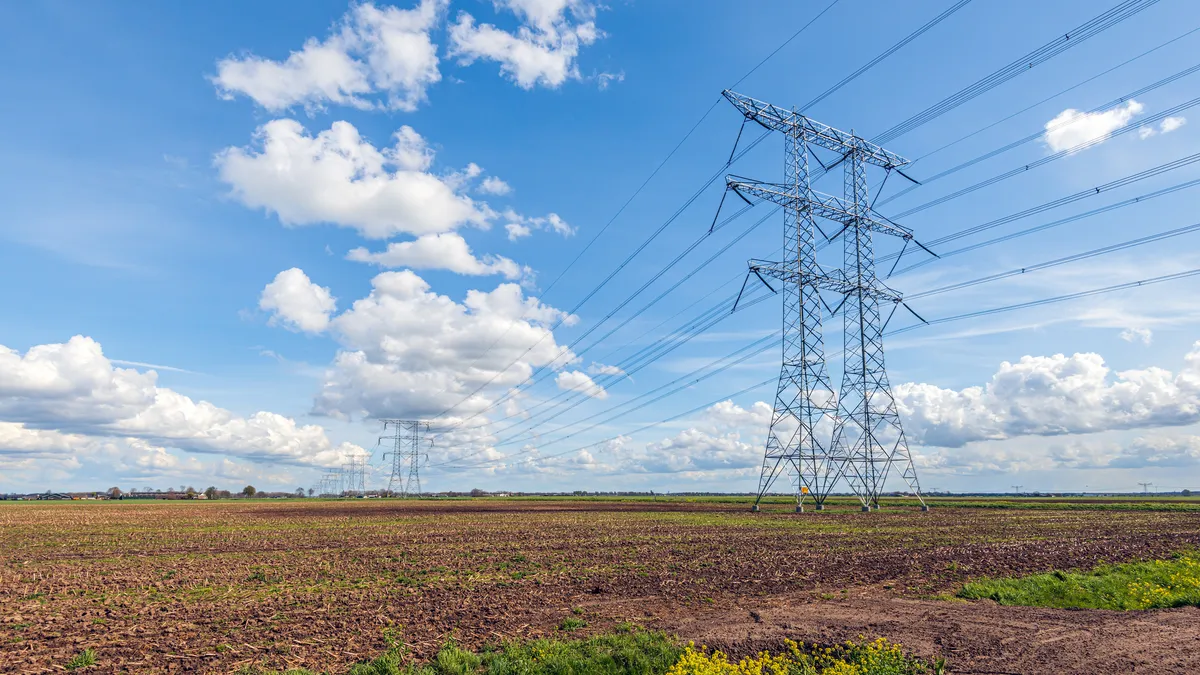The U.S. Supreme Court Monday asked the U.S. Solicitor General to weigh in on a Texas law that bans independent transmission companies such as NextEra Energy and Grid United from building power lines in the state.
With the support of Entergy, ITC Holdings and Xcel Energy’s Southwestern Public Service, the Texas Public Utilities Commission in December asked the Supreme Court to reverse an appeals court finding that the state’s law likely violates the U.S. Constitution’s dormant Commerce Clause. The Supreme Court is deciding whether to take the case.
The key question in the case is whether states can give a preference to incumbent utilities for building transmission lines, as the Eighth Circuit has held, or if that preference necessarily violates the Commerce Clause, as the Fifth Circuit in the Texas dispute decided, according to the PUC’s petition at the Supreme Court.
Six states in the Midcontinent Independent System Operator footprint have “right-of-first-refusal” laws, which give incumbent utilities the exclusive right to build transmission. Those states are Iowa, Indiana, Michigan, Minnesota, Montana and South Dakota while North Dakota and Texas ban third-party transmission development.
The ROFRs give incumbent utilities 90 to 120 days, depending on the state, to decide whether they want to build a planned transmission project, Ari Peskoe, director of the Harvard Law School’s Electricity Law Initiative, said in an email Tuesday. If the utilities decline their option, other developers are allowed to apply, he said.
The U.S. Department of Justice has weighed in twice on states’ anti-competition transmission laws and whether they violate the dormant Commerce Clause, according to Peskoe. In both cases, one involving LS Power and a Minnesota law and the other related to the NextEra case in Texas, the DOJ urged courts to find the laws violated the Commerce Clause, he said.
Also, last year, the DOJ and Federal Trade Commission urged the Federal Energy Regulatory Commission to expand competition for regional transmission projects.
In Texas, which bans non-incumbent utilities from building transmission, MISO has asked FERC for permission to cancel a $115 million transmission project that was awarded to a NextEra Energy subsidiary because of the state’s ban on third-party transmission lines.
On Feb. 16, the Texas PUC ruled the ban prevents the agency from issuing a permit to Grid United, an independent transmission company, to build the 280-mile 525-kV high-voltage direct-current Pecos West project between El Paso Electric’s territory in the Western Electricity Coordinating Council and LCRA Transmission Services in the Electric Reliability Council of Texas. Grid United withdrew its application the next day.














